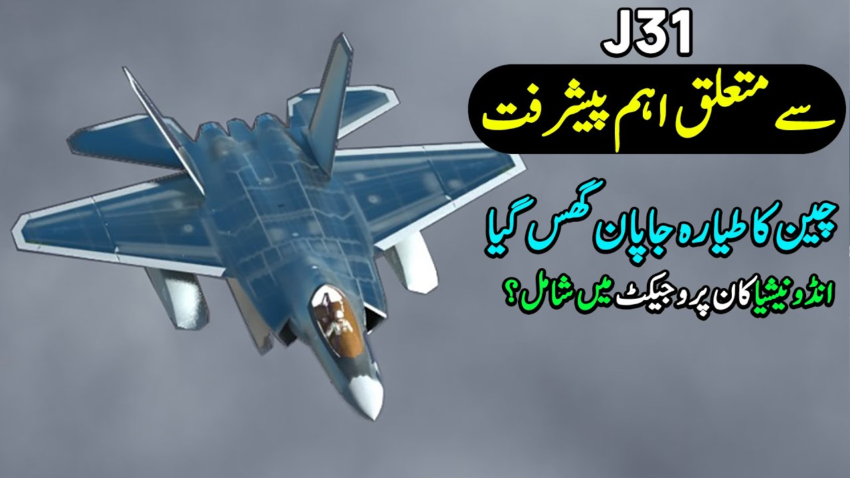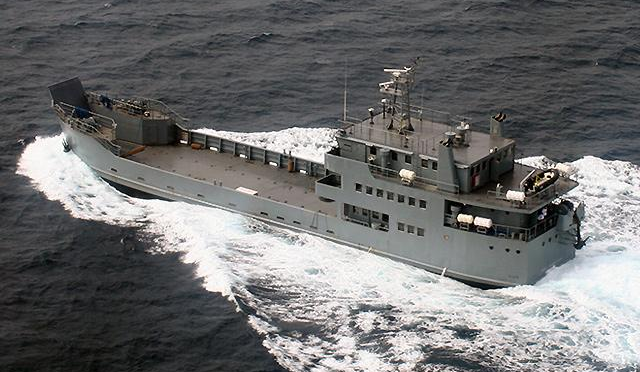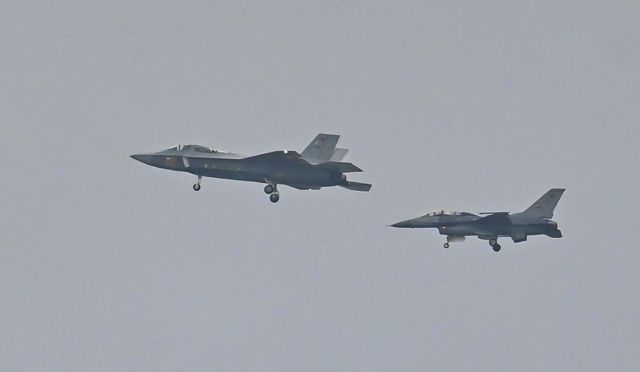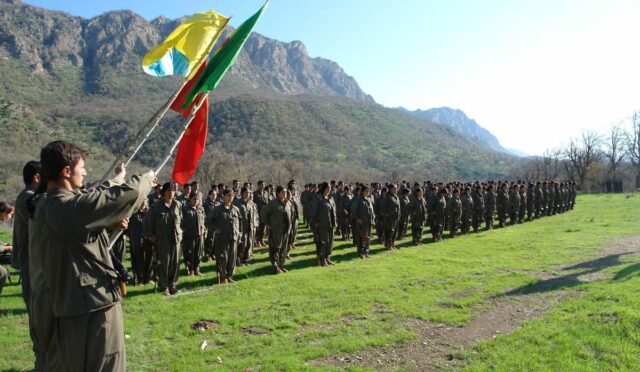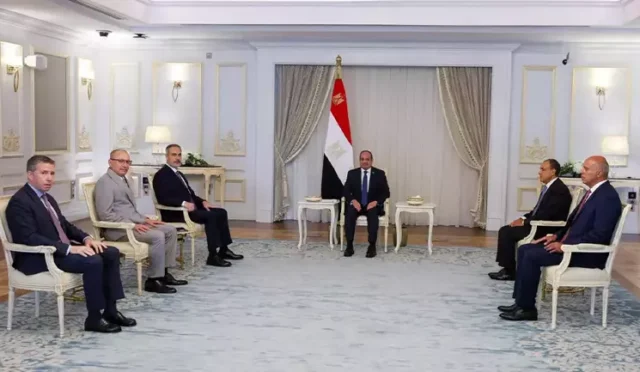Indonesia’s Bid for the KAAN Project
**Indonesia has announced its intention to become a participant in the KAAN project, a significant initiative in defense collaboration. President Recep Tayyip Erdoğan of Turkey and Indonesian President Prabowo Subianto held a joint press conference after their recent meetings at the Presidential Complex. During this event, Erdoğan expressed his gratitude to Subianto for the warm hospitality experienced during his visit to Indonesia, which was part of the High-Level Strategic Cooperation Council meeting earlier this year.**
President Subianto highlighted the potential for collaboration between Turkey and Indonesia, emphasizing that both nations have reached agreements concerning joint ventures. He specifically noted Indonesia’s desire to take part in the development of Turkey’s 5th generation KAAN national combat aircraft and a submarine project, stating, “We would like to take advantage of this opportunity and have exchanged valuable ideas on these fronts.” Other nations, including Pakistan, Saudi Arabia, the UAE, and Azerbaijan, have also expressed interest in the KAAN project.
Past Challenges with Joint Fighter Jet Programs
Despite Indonesia’s ambitions, its track record with joint fighter jet projects raises concerns. The KF-21, a next-generation fighter jet being developed in partnership with South Korea, exemplifies these challenges. The KF-21, termed a 4.5 generation aircraft for now, aims to evolve into a fully operational 5th generation fighter following further advancements. While initial testing continues, Indonesia is currently the only foreign partner in the KF-21 Boramae fighter jet program.
In 2016, Indonesia embarked on the KF-21 project with South Korea, committing to invest $958 million, which represented 20% of the total development cost. This investment was intended in exchange for technical support and the production of 48 aircraft units. Unfortunately, Indonesia has faced significant financial and economic hurdles that led to halted payments starting in 2019 and extending through 2022, with only a partial payment of $6.3 million made towards the program’s costs.
Ongoing Financial Negotiations
As of 2023, Indonesia’s participation in the KF-21 program has been complicated by its failure to present a payment plan. Despite ongoing interest in purchasing other fighter jets, like the F-15EX and the French Dassault Rafale, Indonesia has indicated financial constraints to South Korea. This situation prompted Indonesia’s Ministry of Defense to seek renegotiations regarding the KF-21 contract, proposing a drastic reduction of its payment commitment to 600 billion won (approximately $442.3 million), which further diminishes expected technology transfers from South Korea.
In May 2024, the South Korean Defense Acquisition Program Administration (DAPA) signaled its willingness to accommodate Indonesia’s reduced commitment, yet no formal agreement has been reached. This situation has transformed Indonesia’s financial backtracking into a contentious topic, further complicated by the investigation of Indonesian engineers accused of leaking sensitive technological information, which DAPA has clarified is unrelated to the financial negotiations.
Impact of the KF-21 Prototype Delay
The delay in delivering the 5th prototype to Indonesia has inadvertently benefited South Korea, as it allows the Korean Aerospace Industries (KAI) to expedite its testing program. Reports indicate that the aircraft testing phase continues while Indonesia remains unresponsive to frequent inquiries from DAPA regarding payment issues. Over the past year, DAPA has sent ten letters to Indonesia, primarily requesting clarification on contributions and adjustments to the financial commitments.
Despite this, the Indonesian Ministry of Defense has only provided three responses, primarily concerning the technical leaks and a request to alter payment commitments. As the first customer of the KF-21 project, Indonesia’s full commitment to the program remains uncertain, particularly regarding whether it will fulfill its financial obligations on time and how many aircraft it will ultimately procure.
Current Strategic Importance of the KF-21 Project
The KF-21 program is viewed as a pivotal opportunity for the development of Indonesia’s aerospace manufacturing capabilities and the modernization of its air force. Yet, the country’s economic and political landscapes continue to influence its engagement in the project. The ongoing indecision could hinder Indonesia’s ability to emerge as a competitive player in the defense sector.
In addition to Indonesia’s involvement, the United Arab Emirates has also expressed interest in the KAAN project, highlighting the wider implications of defense collaboration in the region. The transitional dynamics within Indonesia, alongside its historical difficulties in handling joint defense programs, continue to pose questions regarding the future trajectory of its military partnerships and innovations in defense technology.
